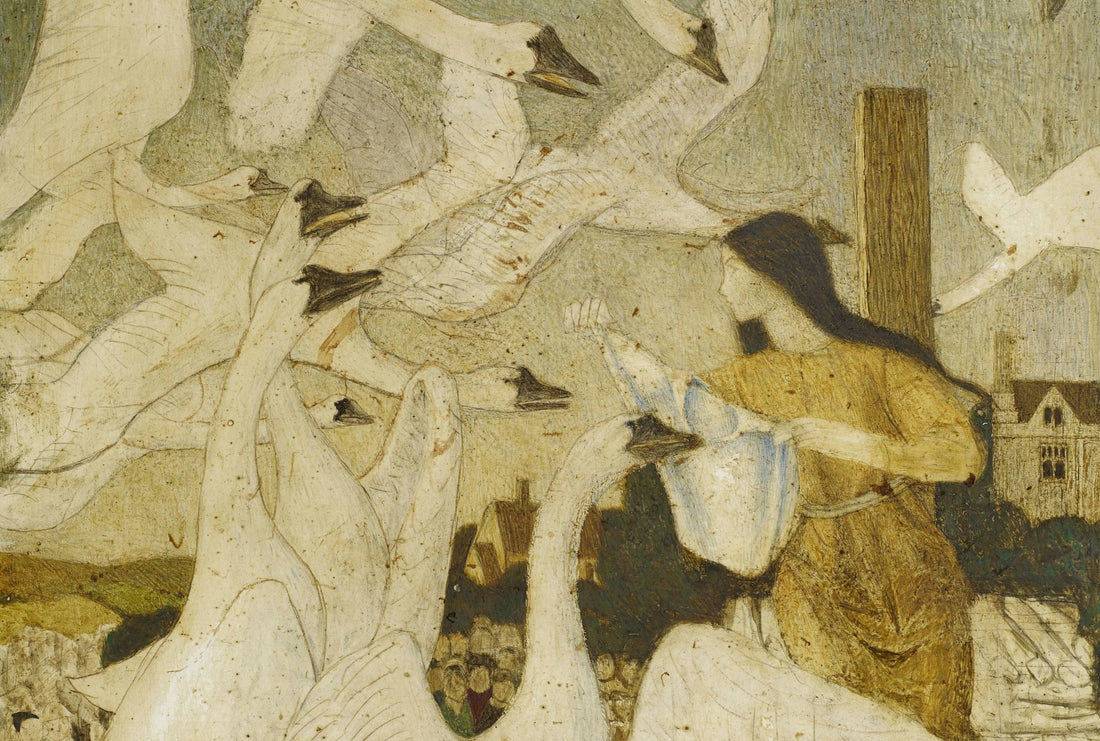
AI won’t write literature—but it might push it forward
Share
Sam Altman, CEO of OpenAI, recently shared a short story written by an unreleased large language model (LLM) that is “good at creative writing.” He claims it’s the first time he’s been “really struck by something written by AI.” Critics were divided on the story’s quality, but I’m not here to debate that. The hoopla got me thinking: is AI capable of writing literature?
I’m not an expert in literature or AI, but I have some experience in both. I have a degree in English, published a few short stories, and work as a content designer in tech. I’ve created AI writing tools like Pair, and my wife and I own a bookstore. All told, I’m usually either writing or thinking about writing.
Now, with AI’s arrival, I wonder: what’s the point of perfecting my craft? Why go through the hassle if it can write something just as good—or better? Just last week, I suggested some copy for a new screen and was rebuffed. Why? Because the original copy was a suggestion from the very AI writing tool I created.
Before we can answer if AI can write literature (now or in future), we must define it.
Definitions have changed over time. Plato was ambivalent toward literature, viewing it as mimesis (imitation). According to him, poets were mere imitators of the world, and their works were far from the truth. The same could be said of AI. What is it, after all, if not an imitator, trained on pre-existing content?
Aristotle agreed with Plato, but added that literature was an effective learning tool. Horace noted that literature not only instructs but delights. This idea persisted through the Renaissance, when figures like Sir Philip Sidney rediscovered and embraced it.
AI can certainly instruct and delight. Tools like ChatGPT are reshaping education. And in Sam Altman’s case, AI evokedan emotional response with its short story. Maybe AI can write literature after all?
Let’s jump ahead a few thousand years to Freud, Jung, and Lacan. They saw literature as an expression of subconscious desires, fears, and conflicts. Does AI have a subconscious? It’s tempting to think so. Even its creators hardly understand the neural networks underpinning its knowledge. But I think not. The subconscious is an active force influencing behaviour. By definition, AI is passive. It awaits instructions. Connections in its neural networks activate only when prompted.
Maybe I'm being unfair. Don't I also need prompting? I sometimes sit staring at a blank page until an external force—a deadline, an idea, a memory—prompts me to write. Maybe the difference between human and AI creativity is a matter of degree rather than kind.
AI can instruct, delight, and write a passable imitation of a literary text. But it lacks the vitality of literature. What makes literature human is the effort of creating it. We reach out to share our experience of life—and someone is there to receive it.
To me, the beauty of literature is that it allows us to share experiences of other worlds, times, spaces, and cultures.
A reader lives a thousand lives before he dies. The man who never reads lives only one. - George R.R. Martin.
I’d argue that AI can’t write literature, but it can improve it, driving it forward in exciting new directions. Literature and the literary canon are far from perfect. They’re predominantly male, white, and Western. AI is trained on these past works, reflecting these biases and imperfections. But that doesn’t mean the future of literature must as well.
When photography emerged in the 1830s, painters wondered if it meant the death of their profession. Many predicted the end of painting. Why commission a portrait that took weeks or months when a photograph could produce a likeness in minutes? This led artists to question what painting could do that photography could not. They began to use paint to evoke the emotions of colour (Impressionism), the psychological interior (Expressionism), and pure abstraction. Photography did not end painting—it liberated it.
I hope literature, like painting, will embrace bold new directions that are inclusive of all humans, cultures, and languages. What might that look like? Perhaps writing that engages with unique experiences, or makes the struggle of composition a central theme. I don’t pretend to know. But I do know that for literature to progress, we must maintain our vitality. So go! Write! Experiment! I know I will.